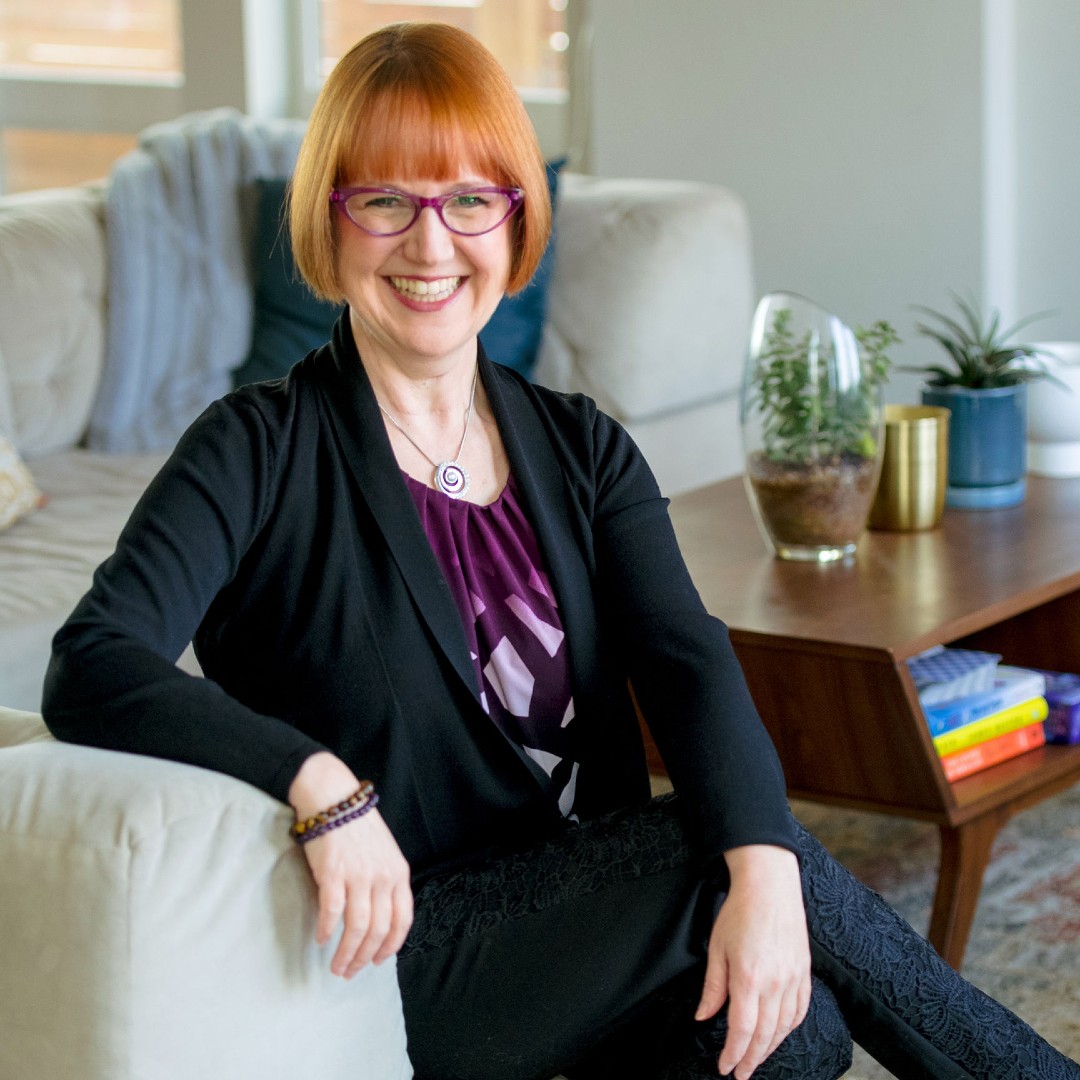

We’re looking forward to introducing you to Kris Sutton. Check out our conversation below.
Kris, really appreciate you sharing your stories and insights with us. The world would have so much more understanding and empathy if we all were a bit more open about our stories and how they have helped shaped our journey and worldview. Let’s jump in with a fun one: What do you think is misunderstood about your business?
Most people aren’t familiar with pain coaching. When I tell someone that I work as a pain coach, their first response is usually: “Wait—what is that? That’s a thing?” Chronic pain is complex, and it affects every aspect of a person’s life—physical health, mental well-being, and daily functioning. So it makes sense that someone living with pain would need support that addresses the whole picture, not just one piece. Pain coaching uses a biopsychosocial approach, which means we look at how pain interacts with biology, psychology, and the social environment. I help clients improve their quality of life and learn tools that calm the nervous system—tools that can actually reduce pain over time.
Can you briefly introduce yourself and share what makes you or your brand unique?
I’m the founder of PainShift, where I help people living with chronic pain find hope, relief, and tools to live fully again. My approach blends pain science education, somatic practices to calm the nervous system, and coaching to support meaningful lifestyle shifts.
My story is woven into my work. I’ve lived with chronic pain since childhood—headaches, migraines, fibromyalgia, endometriosis, back and joint pain. For decades, I performed as a sketch comedian and professional speaker for Fortune 500 companies and international associations—all while managing pain behind the scenes. Later, after completing my master’s in communication, I ran a marketing and branding firm. But in 2020, my pain hit a breaking point—migraines four times a week, fibromyalgia flares, and nerve pain so severe I begged doctors for a spinal fusion.
That’s when an MRI uncovered thyroid cancer. What started as one difficult surgery turned into a life-changing moment. In recovery, my pain didn’t improve—and I began to lose hope. One night, desperate, I wondered: Is there such a thing as a pain coach? To my surprise, there was. From my very first session, I felt a shift. I finally understood how pain actually works in the brain and nervous system, and that it was possible to retrain those pathways. That discovery pulled me out of what I call “the hole” and into wholeness. I fell in love with the process and knew I wanted to train as a coach so I could help others the way it helped me.
Appreciate your sharing that. Let’s talk about your life, growing up and some of topics and learnings around that. Who were you before the world told you who you had to be?
I was a goofball. A performer. A kid who loved to play dress-up and act out scenes from Grease 2 with friends—arguing over who got to be Stephanie. I was glued to The Carol Burnett Show after school, mesmerized by the costumes and characters, and later Saturday Night Live. Carol Burnett and Lily Tomlin were my early heroes—they showed me that humor, creativity, and playfulness could light up a room. That love for characters and storytelling naturally evolved into my career in sketch comedy.
When did you stop hiding your pain and start using it as power?
That shift happened when I began training as a pain coach. After my surgeries, I started being more open about my pain on social media, though at first it came out as anger—which, I later learned, can actually fuel pain. I had bottled it up for so long that I needed to release it. Over time, I found the balance: expressing emotion without getting stuck in it. Coaching helped me learn tools to create new neural pathways, to move out of fight-or-flight and into safety and balance. That transformation gave me a sense of agency, and now it’s a privilege to help others find their own way forward.
Next, maybe we can discuss some of your foundational philosophies and views? What’s a belief or project you’re committed to, no matter how long it takes?
I’m committed to making pain coaching a standard part of integrative pain care. My vision is for coaching to be covered by Medicare and insurance at fair rates, so access isn’t limited to those who can pay out of pocket. The integrative model—where doctors, therapists, physical therapists, and pain coaches collaborate—is powerful. I’m proud to not only run PainShift, but also to work with Override Health, a company pioneering this model by bringing the whole team together virtually. It’s the future of pain care, and I’m committed to helping make it the norm.
Thank you so much for all of your openness so far. Maybe we can close with a future oriented question. What pain do you resist facing directly?
One of the biggest lessons I’ve learned is that resisting pain only intensifies it. Facing it—slowly, safely, and with compassion—takes away its power. I don’t see it as about resisting anymore. It’s about being willing to meet it bit by bit, with openness, comfort, and ease.
Contact Info:
- Website: https://painshift.com/
- Instagram: https://www.instagram.com/painshift/
- Linkedin: https://www.linkedin.com/in/krisjoysutton
- Facebook: https://www.facebook.com/thepainshift
- Youtube: https://www.youtube.com/@PainShift
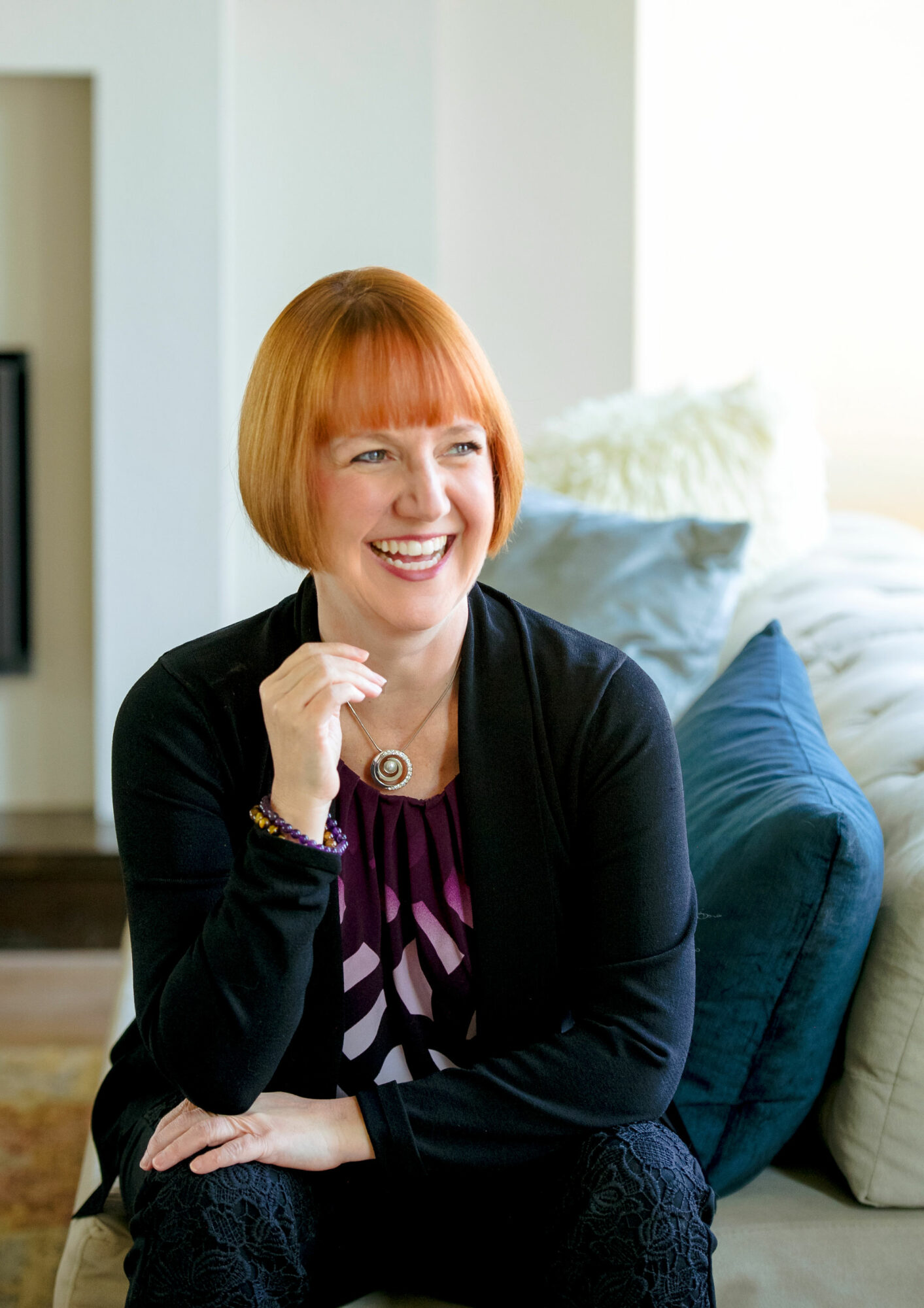
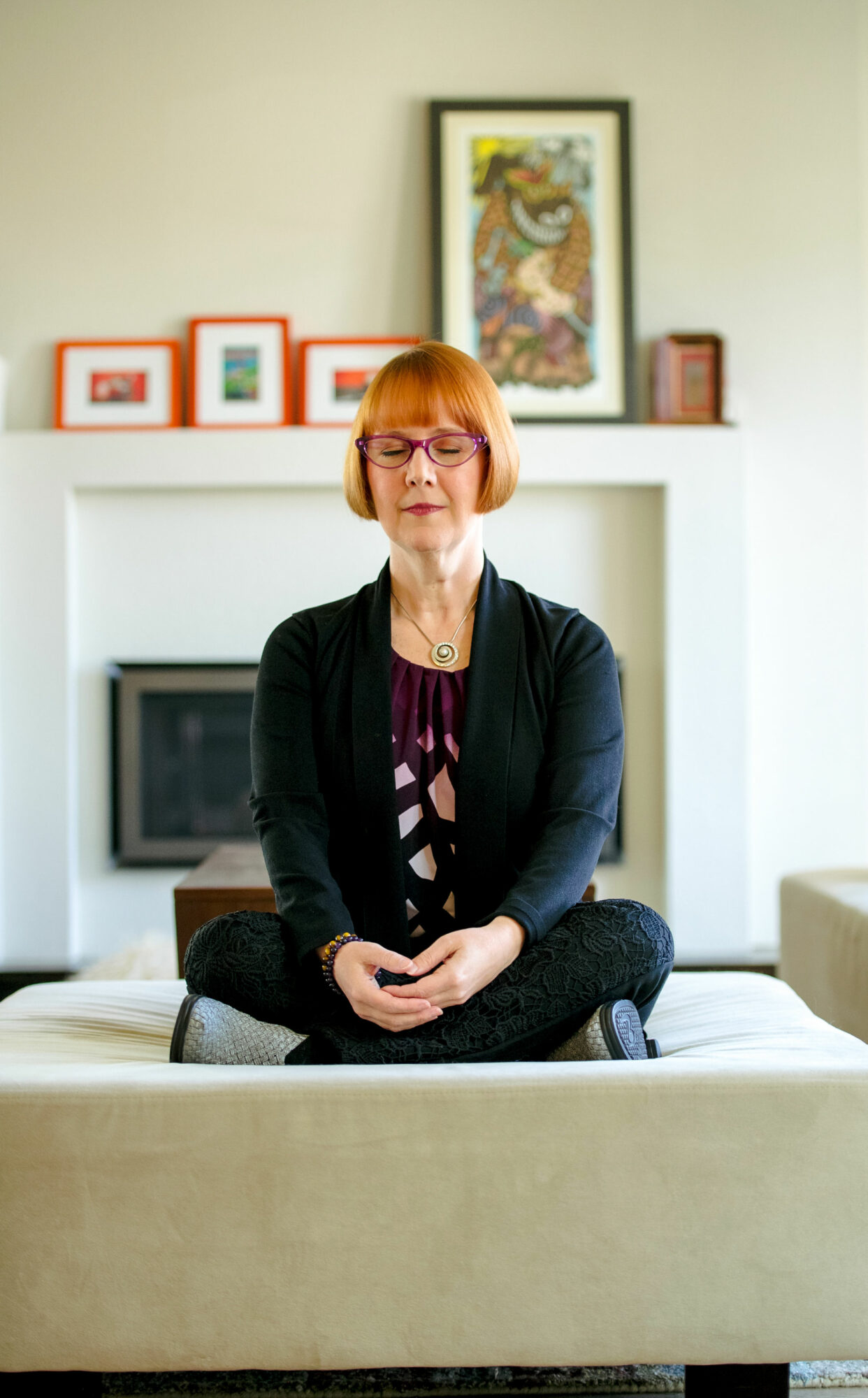
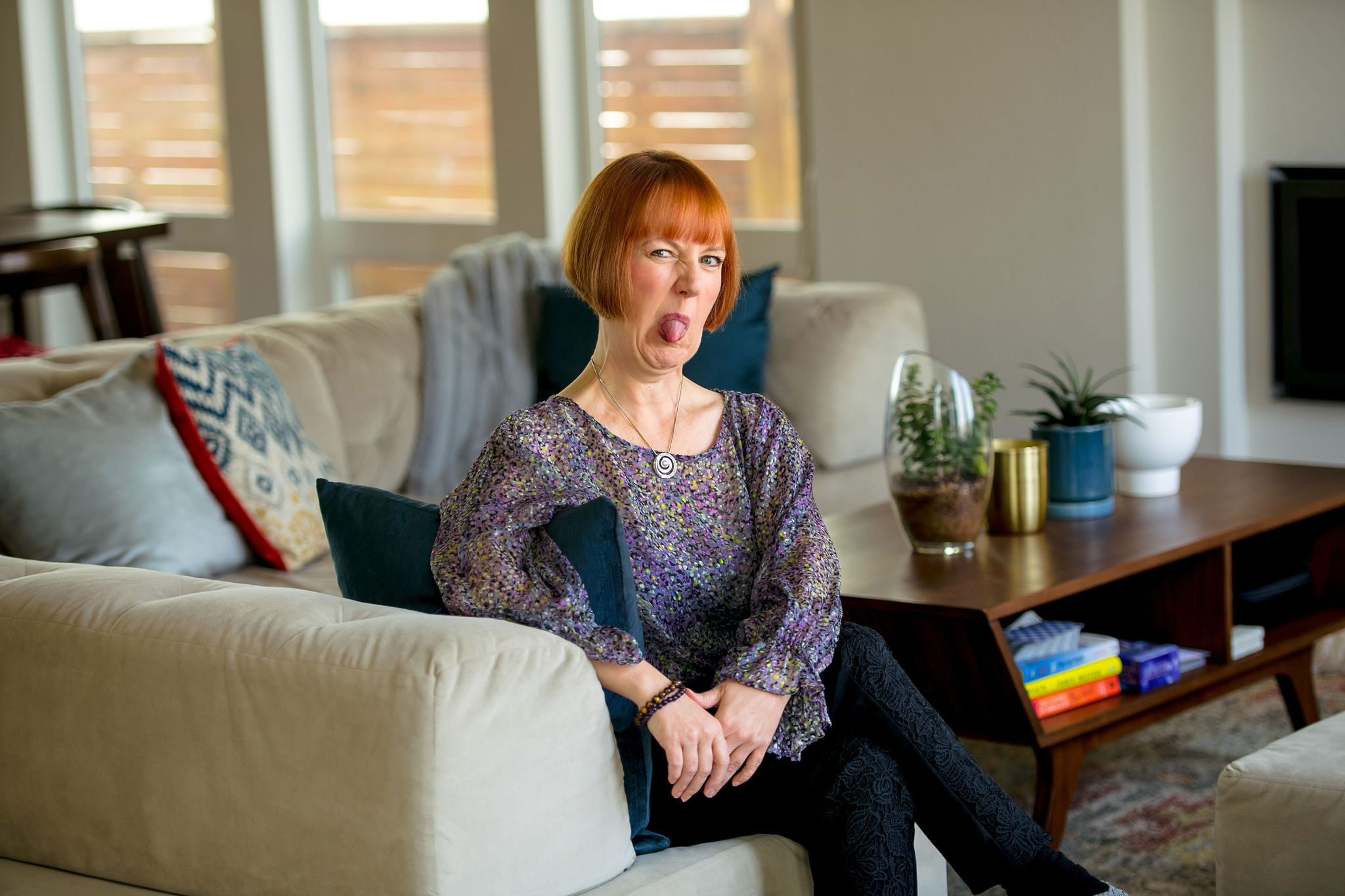
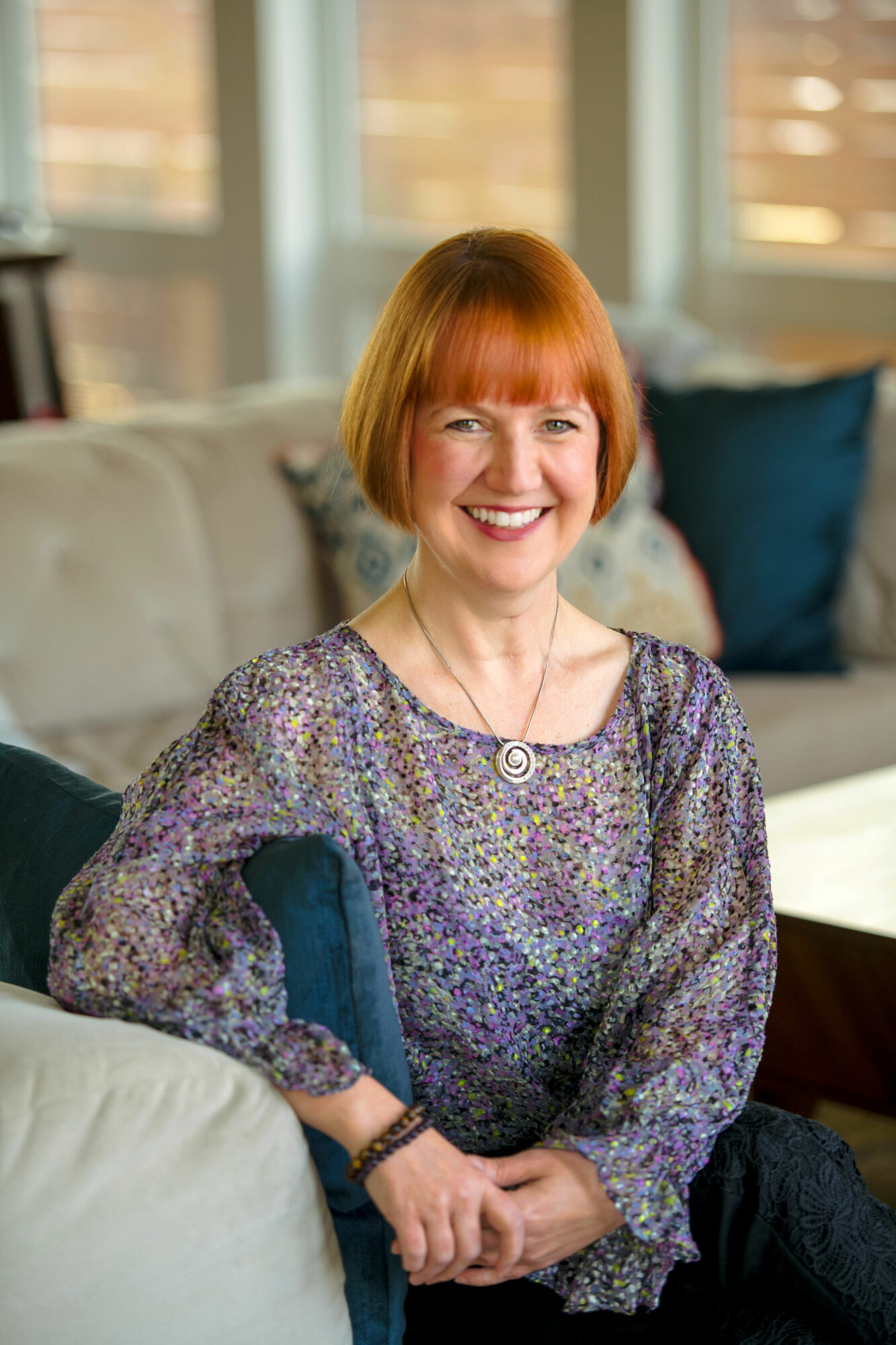
Image Credits
Laura Mahony













